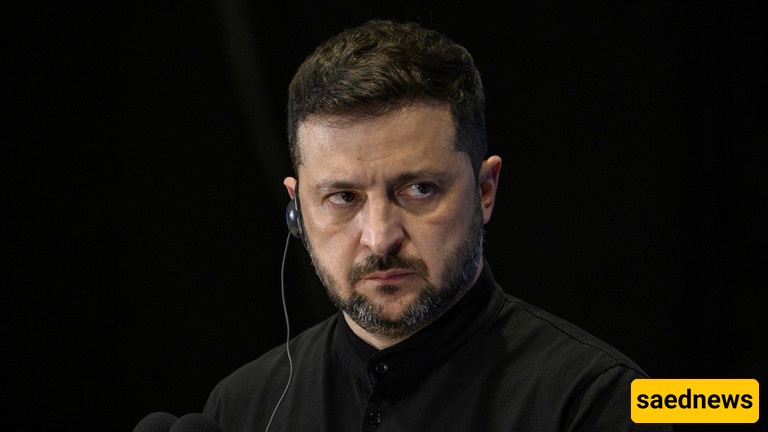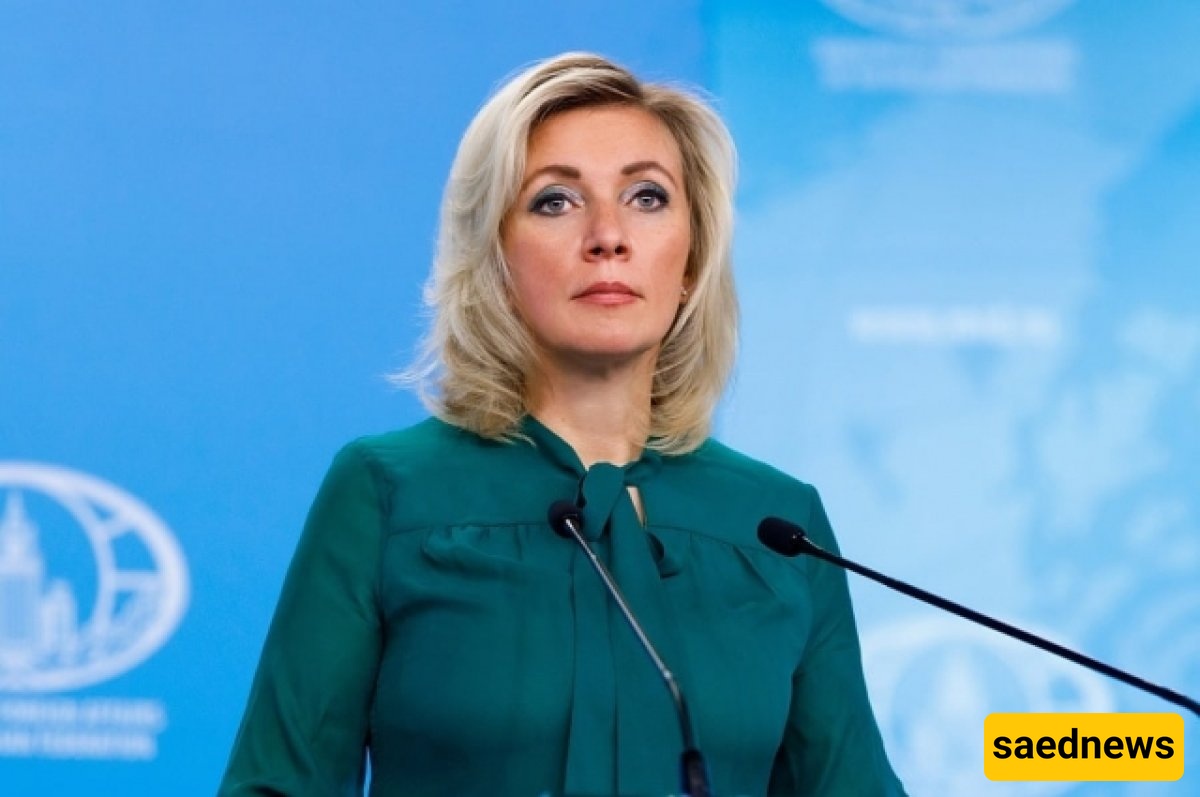SAEDNEWS: Volodymyr Zelensky’s absence from the Alaska meeting between Trump and Putin prompted the Kremlin to question his legitimacy, though Western analysts see this as Moscow’s psychological warfare.

According to SaedNews, quoting Russia Today, following the Alaska meeting between Donald Trump and Vladimir Putin, the Kremlin interpreted Volodymyr Zelensky’s absence as 'evidence of his illegitimacy.' A spokesperson for the Russian government stated that the Ukrainian president faces legal issues regarding his legitimacy and therefore had no place in the negotiations; however, Moscow still does not reject him as a party for dialogue. Putin had previously repeatedly claimed that Zelensky lacks the authority to sign any agreement. This narrative immediately echoed in media close to the Kremlin, which sought to present his non-invitation to Alaska as a natural and legal matter.

However, independent analysts consider this claim part of Russia’s psychological warfare operations. In their interpretation, Zelensky’s absence is not a sign of a lack of legitimacy but rather a strategic measure to exclude Kyiv from the diplomatic process. According to the Ukrainian constitution, under wartime conditions and the imposition of martial law, elections cannot be held, and therefore Zelensky’s continued presidency is considered lawful. Legal institutions and Western organizations have repeatedly emphasized the legality of his ongoing term.
Zelensky himself described the meeting as 'Putin’s personal victory' and warned that making decisions about Ukraine’s future without the presence of the country’s legitimate representatives is not only illegitimate but also guarantees no peace. He stressed that 'warm words or diplomatic smiles' cannot replace a real agreement to halt attacks. In Europe, reactions were also sharp; European leaders considered sidelining Ukraine from the negotiation table a dangerous move that could weaken Western unity and give Russia more freedom on the ground.
Ultimately, Zelensky’s absence in Alaska became a political tool for Moscow to impose its narrative of the crisis. However, in legal and international terms, this narrative has no basis and is mostly seen as an attempt to discredit Ukraine’s leadership. For many observers, real peace is only possible when Kyiv participates directly in negotiations; any process without it serves more as a propaganda advantage for the Kremlin than a step toward ending the war.

